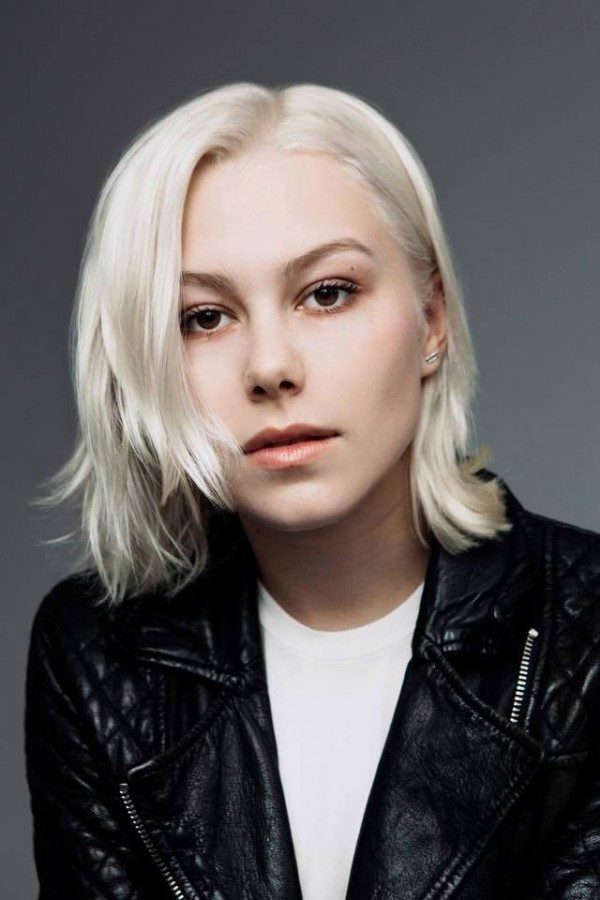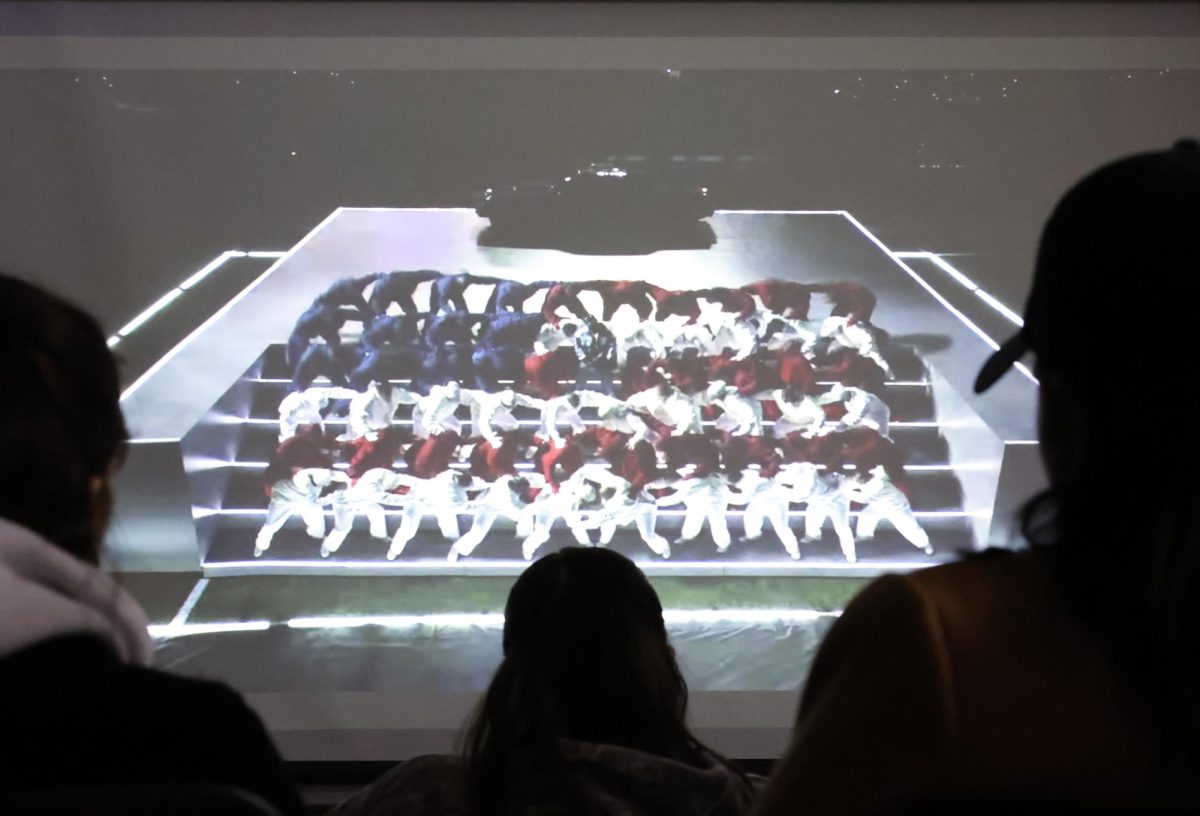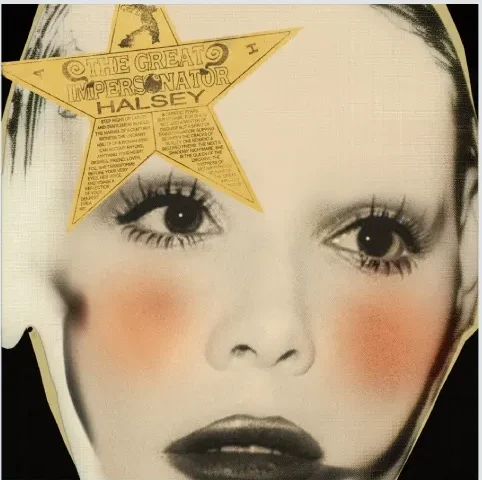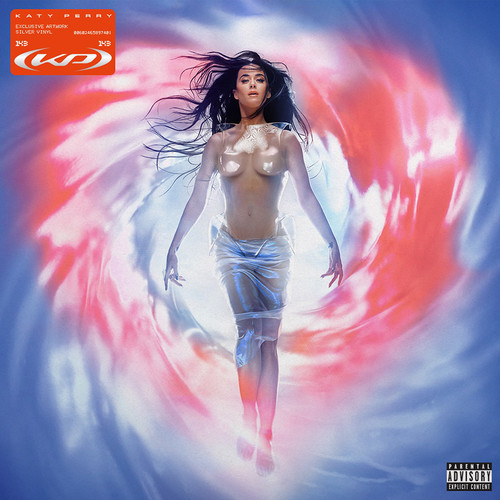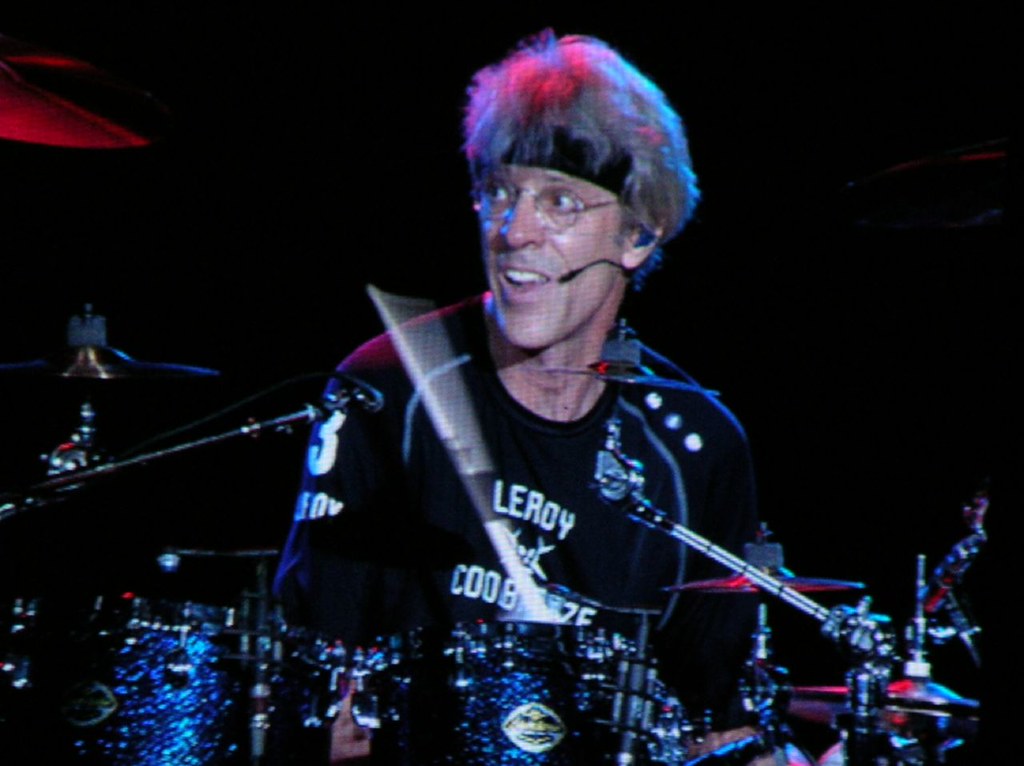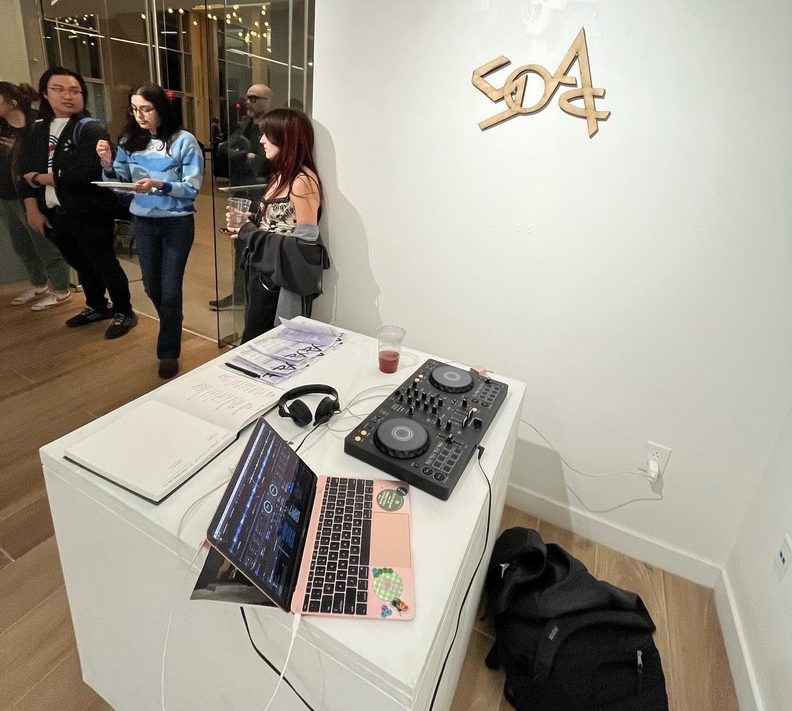Phoebe Bridgers is on her way to Dallas, ready to put on a headlining performance at “Three Links.” The Los Angeles-based singer-songwriter will be in town Feb. 8 to celebrating her debut album “Stranger in the Alps.” Her soothing tones and delicate instrumentals have led to critical acclaim, including being named the No. 1 best new artist of 2017 by The FADER. Bridgers spoke on the phone with The Daily Campus about her new album and tour.
Daily Campus: I saw you recently released your debut album. What was that experience like?
Phoebe Bridgers: I feel like I’ve considered myself a musician and singer songwriter forever but this was kind of like, I did everything except for release an album. So, I had a seven-inch out, I was touring all the time and it took forever to record that record. I was writing a lot so it just felt kind of weirdly like the beginning of something. It just took me so long to do that so now I feel like, alright, it’s official, I have music out. It feels really good.
DC: Was there any big difference in making that album outside of the music you’d been recording before?
PB: Yeah, I’d never really worked with a producer that I gelled with before. Pretty much my conversations with producers was me being like, “Oh, totally,” and then leaving and not calling them back. This album was different because Tony, who recorded the album, was a little bit like musical boot camp. He just has a completely different skill set than me. He’s super into music theory and crazy synth noises and stuff. It was a true collaboration, which I liked, because I would come in with these bare-bones folk songs and they would be spit out as this other thing I could never have done by myself.
DC: Is having a lot of input and collaboration important to your creative process?
PB: I think so. Obviously, it depends on the person. I’ve had such frustrating experiences before that I end up liking my demo that I did by myself more. Since this experience, I definitely think that I’ll end up looking for people that do that same thing for me in the future. I try to learn as much from people as I can. I got so much out of this experience. I bought two synthesizers right after the record and my baritone guitar that I play live. So, I had a lot to gain.
DC: On the new album, do you have a favorite song in particular? One that you would recommend to first-time listeners.
PB: Maybe the one that I would recommend to first-time listeners isn’t the right one for first-time listeners, but “Smoke Signals” was really easy for me and was the only song I never second-guessed myself about. Actually, that’s not true, and this is a testament to Tony’s producing as well. I had thrown it away and we were trying to record a different song and I knew that this point was coming. I didn’t have very many songs, actually, that I was super proud of. So, he said, “Play something else. What have you been working on,?” and I said, “I don’t know, I have this one dumb idea,” and we recorded it, and two seconds later were like that’s a song on the record. So, probably that one. That’s why it’s first, I wanted it to be the first thing people heard.
DC: You’ve had a lot of really nice acclaim for the album, including FADER putting you as their number one new artist. How does all that feel?
PB: It feels awesome. I feel two ways about it. Sometimes I get a hot head and I’m like, “Oh my god, it’s so cool,” but then unfortunately it also comes with this certain sense of, “Yeah, but what else?” I feel like I need to write songs for my next record so it’s good and I don’t want to be the classic guy who comes out with a sh*tty second record because they were under a bunch of pressure. But mostly, it feels awesome.
DC: It also looks like you’ve been touring for a little while now. How’s that been going?
PB: I’ve been off tour for a couple months in the holiday but I toured pretty much all last year. Now I go back on Saturday. Touring is awesome. I like a lot of things about it. I feel like there’s a through line with the people I know, my close friends that tour all the time. It’s like, you have to love to take walks, and you have to love to see new places, and once you stop loving that and you’re hanging out in a dressing room with no windows you’re just going to hate it and get depressed. Last time I went on tour, it ended and I think I slept for three days, so there’s that part as well.
DC: Do you have any cities that you’re looking forward to?
PB: Yeah, I mean, pretty much everywhere. I will say, I’m pretty much equally excited about everywhere. I feel like now it’s getting to the point where I know so many touring people that they’re like, “Oh you’re there, you have to go to this place.” I think I’m the most stressed about places like New York because there’s no time to kill. My favorite places are all the places in between the major cities. I’ve got to be really grateful for this feeling, while I’m really excited to go to all these places. And, I don’t know what my fans look like. I’ve played two headline shows in the United States since the album came out, so I’m like, “Who is going to be at these shows?” I’m really stoked.
DC: How would you describe your shows to someone that is unfamiliar with your music?
PB: Well like I said, only two headline shows in the United States, and they were both different. One was like my tiny desk setup, and the one for this tour is the one I did at my L.A. show, which is full band. And there are two new people in my band, so actually I’m just as curious about what my live setup is. I feel like we try to stay pretty true to the record but because that’s impossible we do take little liberties here and there. Sometimes everybody will sing at the end of certain songs. We’re just kind of sussing it out. It is primarily full band.
DC: If you have any advice or tips for other aspiring artists out there, what would they be?
PB: I think this goes for no matter what sexuality you are, no matter what sex you are, no matter what anything you are. The biggest piece of advice is that you are the boss of your own business, for lack of a better word. If someone is criticizing you, think about who they are. If they’re a pseudo-producer dude in their basement who produced their friend’s band and they’re ripping into you about how soon you have to cut into a chorus, put it in perspective and think about the music you love. Constructive criticism, great, all day, but just be confident in what you’re building. It makes it so when someone does criticize you and you take it to heart and appreciate it, you don’t cry yourself to sleep. That’s what I’d say is the biggest thing.



